Instead of OpenCV's normal dft, I'd like to use cuda::dft. As a start I tried performing a forward and inverse transform, but the result doesn't look anything like the input. Here's a minimal example using an OpenCV example image:
// Load 8bit test image (https://raw.githubusercontent.com/opencv/opencv/master/samples/data/basketball1.png)
Mat testImg;
testImg = imread("basketball1.png", CV_LOAD_IMAGE_GRAYSCALE);
// Convert input to complex float image
Mat_<float> imgReal;
testImg.convertTo(imgReal, CV_32F, 1.0/255.0);
Mat imgImag = Mat(imgReal.rows, imgReal.cols, CV_32F, float(0));
vector<Mat> channels;
channels.push_back(imgReal);
channels.push_back(imgImag);
Mat imgComplex;
merge(channels,imgComplex);
imshow("Img real", imgReal);
waitKey(0);
//Perform a Fourier transform
cuda::GpuMat imgGpu, fftGpu;
imgGpu.upload(imgComplex);
cuda::dft(imgGpu, fftGpu, imgGpu.size());
//Performs an inverse Fourier transform
cuda::GpuMat propGpu, convFftGpu;
cuda::dft(fftGpu, propGpu, imgGpu.size(), DFT_REAL_OUTPUT | DFT_SCALE);
Mat output(propGpu);
output.convertTo(output, CV_8U, 255, 0);
imshow("Output", output);
waitKey(0);
I played with the flags but output never looks anything like input. Using the above code I get as output:
While it should look like this:

